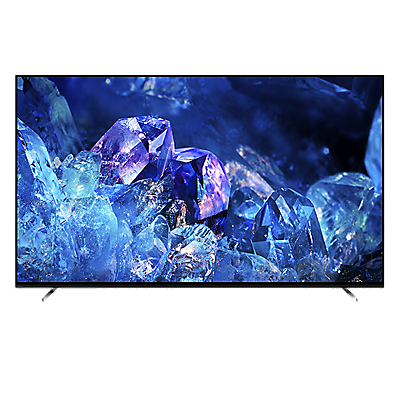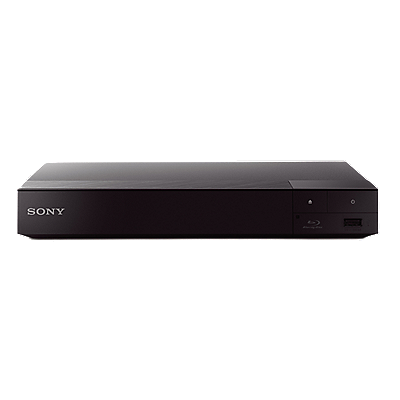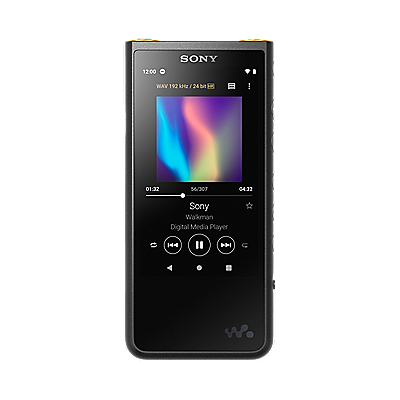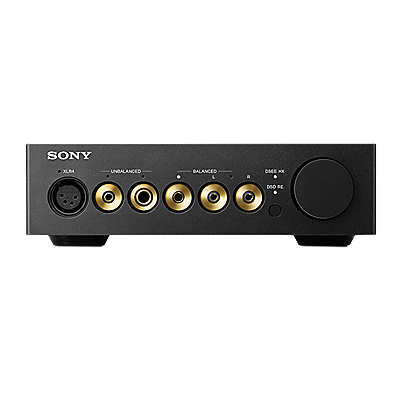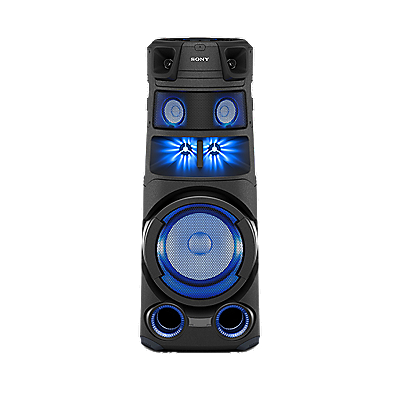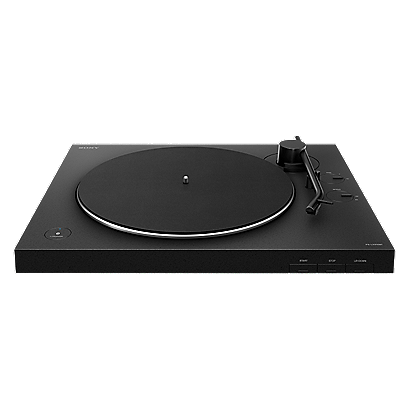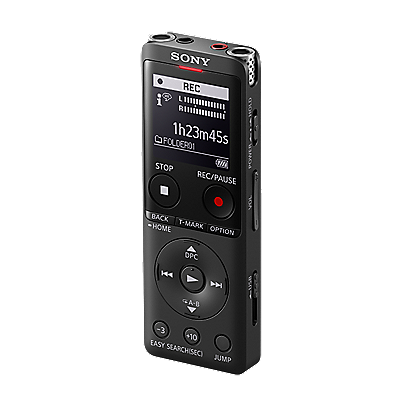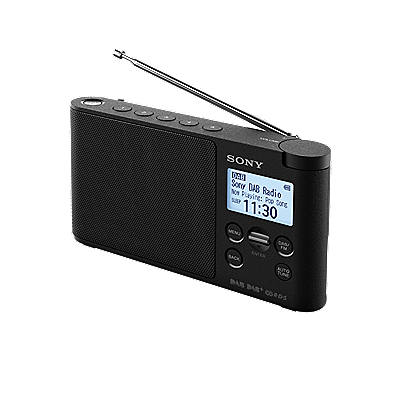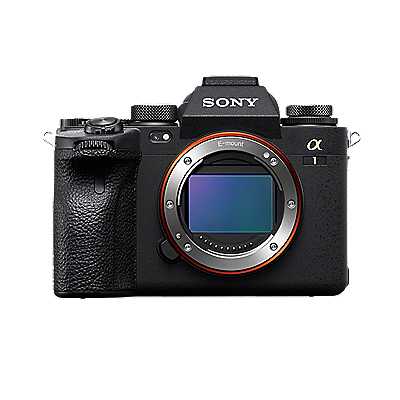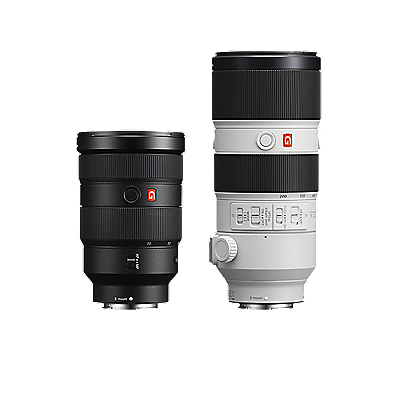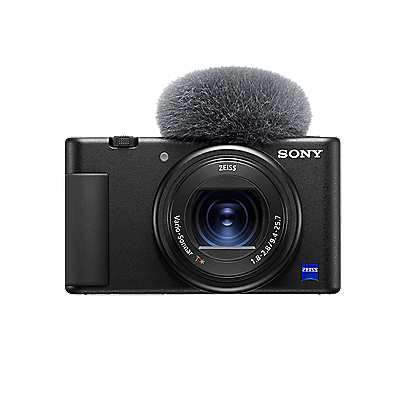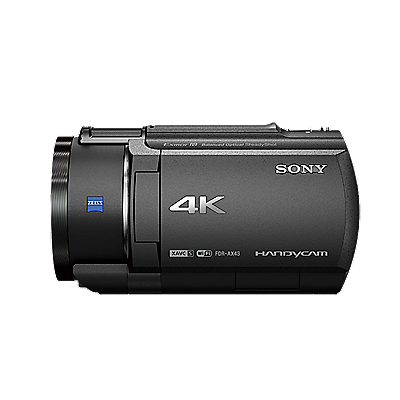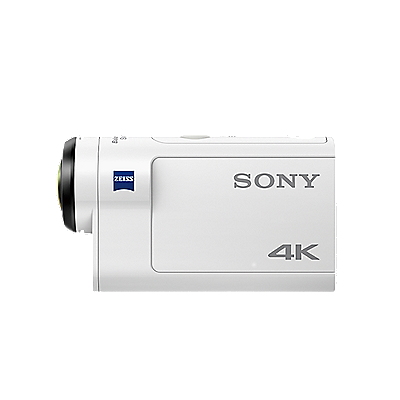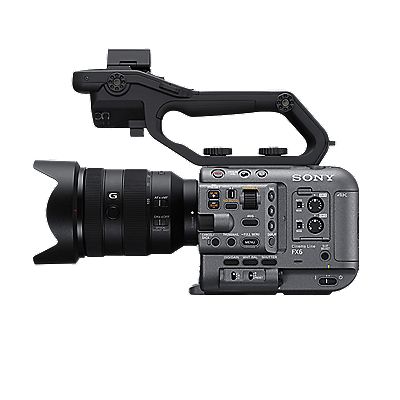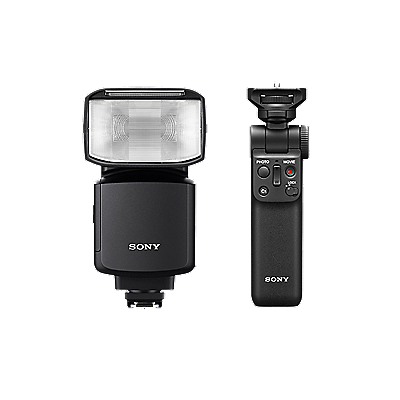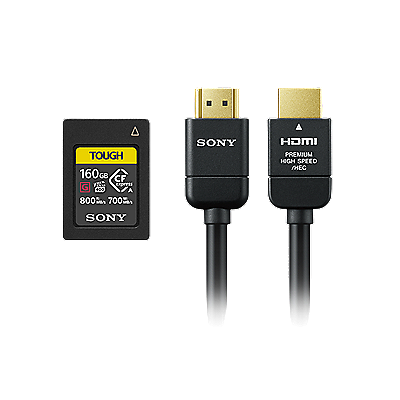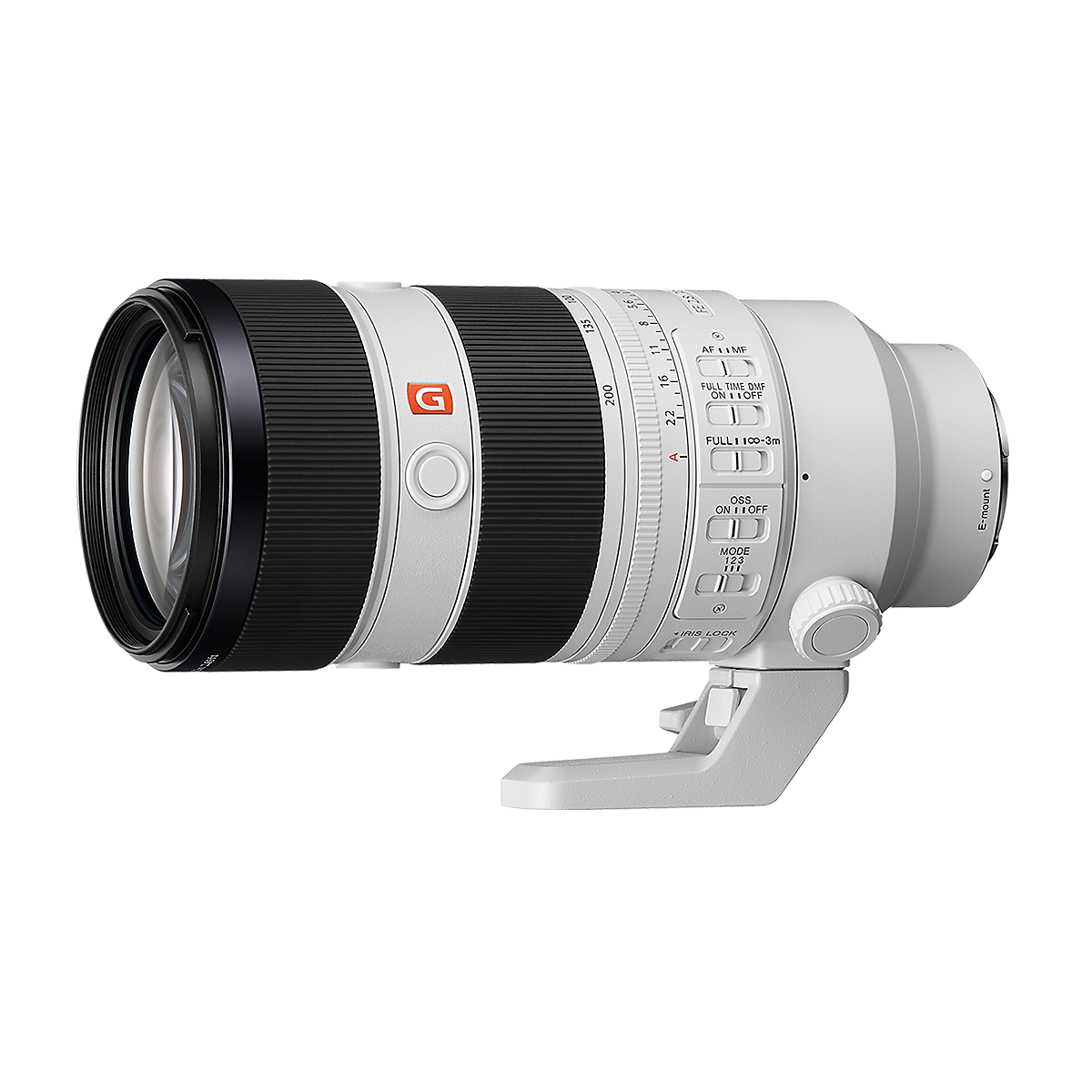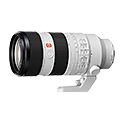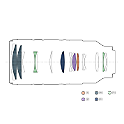Lenses
Lenses
Feature List


XA element for breathtaking resolution
Superior G Master resolution is achieved throughout the entire 70 mm to 200 mm zoom range at all focusing distances. Two aspherical lens elements, one an XA (extreme aspherical) type manufactured to 0.01-micron surface precision, effectively control distance-related aberration so that outstanding resolution is ensured throughout the image area.

Aberration controlled for superb images
Two spherical elements that use ED (Extra-low Dispersion) glass, plus two more that use Super ED glass significantly reduce chromatic aberration for sharp reproduction without colour bleeding. An ED aspherical element is also used, simultaneously suppressing chromatic and spherical aberration that are common issues in telephoto lenses.


Excellent close-up performance

Stunning G Master bokeh
An XA element manufactured to 0.01-micron surface precision suppresses onion ring bokeh, while precise spherical aberration control boosts bokeh quality. ED (extra-low dispersion) and Super ED glass spherical elements, plus one ED aspherical element, effectively minimise colour bleeding for beautiful bokeh without unnatural colouration.

New high-performance aperture unit
Even the aperture unit in this lens has been refined to meet the highest G Master quality standards. A newly developed 11-blade aperture unit that remains almost perfectly circular from wide open to stopped down by two stops helps to deliver the kind of natural-looking circular bokeh users have come to expect from a G Master design.

Nano AR Coating II for maximum clarity
Nano AR Coating II produces a uniform anti-reflection coating on lens surfaces, effectively subduing flare and ghosting. The lens's optical design also effectively suppresses internal reflections that can reduce clarity when shooting landscapes or sports.

High-performance teleconverters0

Designed for refined movie imagery

Fast, precise autofocus
This lens works with α series bodies to reliably focus on and smoothly track even fast-moving subjects. Four high-thrust XD Linear Motors and advanced control technology deliver up to 4x0 faster AF than the SEL70200GM. Focus tracking capability while zooming is improved by approximately 30%1 compared to the SEL70200GM.

Iris lock stops unwanted exposure shifts
An iris lock switch prevents unwanted exposure changes while shooting. When locked, the aperture is either locked at the [A] position or can be rotated between any of the manual settings from F2.8 to F22. When unlocked, the aperture ring can be rotated between [A] and any of the manual settings without limitation.

Versatile manual movie control
Independent control rings for focus, zoom, and iris, allow precise manual operation in movie applications. The aperture ring has a click on/off switch that allows the aperture click switch stops to be turned ON for tactile feedback when shooting stills, or OFF for smooth, silent iris control when shooting movies.

The world's lightest0 for superior handling
This unique lens offers outstanding optical quality and AF in the world's lightest0 F2.8 70–200 mm zoom. XD Linear Motors and magnesium alloy barrel components result in an overall weight of just 1,045 g (36.9 oz); approximately 29% lighter than the previous model. Advanced design improves overall balance and handling.

Natural, linear manual focus response
Linear Response MF ensures that the focus ring responds directly and linearly to subtle control when focusing manually while shooting stills or movies. Focus ring rotation translates directly to a corresponding change in focus, so control feels immediate and precise when shooting stills or movies.

Full-time DMF supports pinpoint focus

Optical image stabilisation with MODE 30
Built-in optical image stabilisation makes it easy to shoot sharp images handheld. MODE 2 stabilisation is optimised for panning shots, while MODE 30 emphasises framing stability when shooting dynamic, unpredictable motion. 5-axis image stabilisation becomes available when the lens is mounted on an α body that has in-body image stabilisation.

Focus range limiter
A focus-range limiter switch (FULL/∞–3 m) makes it possible to limit AF operation to a predetermined range to maximise AF speed and prevent focusing on unwanted objects.

Three customisable focus hold buttons
Three customisable focus hold buttons are provided 90° apart for easy access and convenient control when shooting in horizontal or vertical orientation, and just about any angle. One function can be assigned to the focus hold buttons from the body menus.

Dust- and moisture-resistant design0
Dust and moisture resistance2 are notably improved compared to previous model1. All seams are sealed, buttons and switches have silicone rubber gaskets, and a rubber ring seals the lens mount. The internal zoom mechanism further resists dust and moisture2 while maintaining a constant lens barrel length.

New lens hood design

Fluorine front element coating
The front lens element features a fluorine coating that repels water, oil and other contaminants, while making it easier to wipe off any contaminants or fingerprints that do become attached to the lens surface.

Removable tripod mount
-
SEL70200GM2
